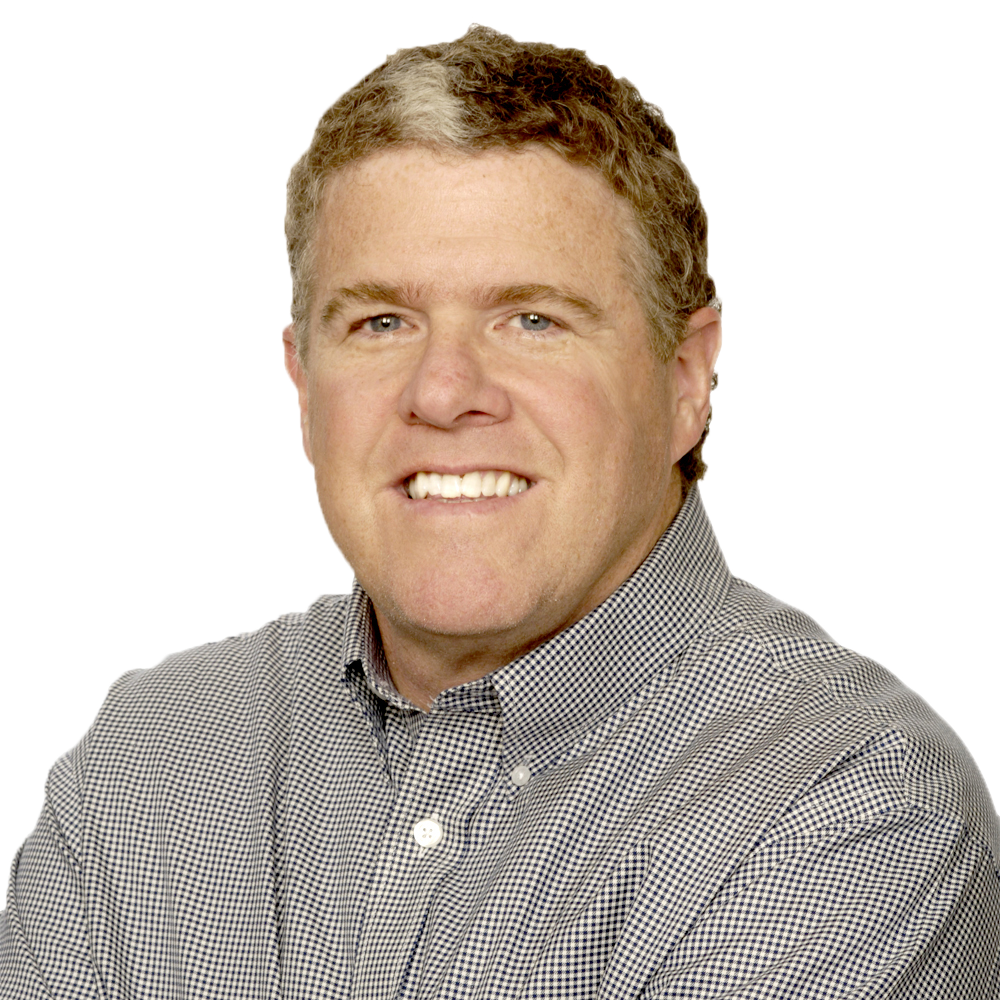
PETER KING
Interviewed by Dan Servodidio and Doug Miller
I was born in Massachusetts, but I lived in Connecticut from the time I was 2 years old. I never lived in Massachusetts until I was about 50.
I was born at a hospital in Massachusetts and then grew up and was raised in a town called Enfield, Connecticut.
It was pretty normal upbringing. My father was an iron worker and my mother was just a stay-at-home mom and we had four kids in the family. Sports were important in our family when we were kids, but the most important thing by far was education.
We were a very big reading family. It was important to both my mother and my father that we read and we do well in school. So I remember when I was about 4 years old, I was fairly advanced and I used to go and read the TV guide to them every day.
I would say, “Here’s what’s gonna be on TV tonight,” and I would read the TV guide to them. We would read all the newspapers from Boston and New York on the weekend. So that was kind of important to us.
Well, we lived about halfway from Boston and New York. I played baseball, basketball and football for a while, but mostly soccer when I was young. The teams we liked in our family; I liked the Red Sox and the New York Giants football team. Then after that, I was a huge sports fan in general. Even if my team wasn’t playing, I would pay attention to anything else there was on TV.
I just found early on in life that I think I wanted to be a writer. I remember, I was in about fifth grade when me and a friend of mine made a little newsletter for events that were going on in our neighborhood. This tiny little neighborhood in Enfield, Connecticut.
I was maybe about 11 or 12 years old. When I talk to kids in college now or kids in high school, I often say that the most important thing for me was I knew when I was in fifth or sixth grade that if I couldn’t be the left fielder of the Boston Red Sox, then I wanted to write about the left fielder for the Boston Red Sox.
That was a fortunate thing for me because most kids today don’t have any idea what they want to do in fifth grade. Many of them don’t have an idea what they want to do when they graduate college. I really think the biggest break for me in life was knowing what I wanted to do very early.
If you’re a boy growing up and you’re inclined to be a sports fan or be into sports, a lot of times it’s because your dad was. My father was a big baseball player in high school, a big basketball player in high school, so we had a basketball hoop in the yard and we were always out playing catch with him.
So I think what drew me to sports is that you want to be like your father and you look up to your father. And I certainly did. I think that was a huge advantage. He was always interested in our games and always was talking to us about what we were doing. So even though he wasn’t any sort of helicopter parent, he really didn’t go to that many of my games, but I always knew how interested he was.
I went to college at Ohio University. Both of my brothers went away to college, one to William & Mary and one to North Carolina. So it was pretty much taken for granted that I wasn’t going to end up at UConn or the local schools.
I just looked for a journalism school because I figured I wanted to be a writer and I looked for journalism schools that were a bit away from me. I ended up picking Ohio U.
When I went to Ohio University, after the first quarter, I walked into the school newspaper and just asked to cover something. That’s sort of how that started. I never wrote sports in college. I wrote news.
I was the managing editor of my school paper my senior year. I really didn’t think I was going to be a sportswriter. I would’ve been fine writing about politics. You know, I really wanted to work for The Washington Post when I grew up because I loved that paper.
We saw it a lot when I was in college. So I thought I would just be a politics reporter or some sort of news reporter and that would have been fun for me.
I had an internship with the Cincinnati Enquirer when I was at Ohio U. The internship was in one of the news bureaus, in the Kentucky news bureau, and my boss there got the job as sports editor of the Cincinnati Enquirer. So he asked me if I wanted to come on as a general assignment sports editor; this was about nine months after I graduated. And I said, ‘Sure.’ So I got that job and one thing led to another, and all of a sudden, sports was the way.
So I went in there; I asked for anything. Probably if they asked me to cover basketball or something, I would have done that. But the opportunities were more plentiful in news and so I basically did a little bit of sports.
I was the low guy on the totem poll and they needed someone to go out and cover something. But basically, I started covering news exclusively my sophomore year and I didn’t really miss sports. I watched it on TV and everything like that, but I thought, ‘Hey, it’s cool. I’m covering what I should be covering.’
Plus I really thought, in the classes I was taking, the professors that I liked and the professors I was learning stuff from, they weren’t sportswriters or sports reporters. I think I was just driven a little bit towards news and I enjoyed it and I just stuck with it.
Chronologically, after I graduated, in 1979, I had an internship with the Associated Press in Cincinnati for three months. Then an internship with the Associated Press in Amsterdam, the Netherlands, for three months.
At Ohio U, they gave 10 kids per year the chance to be interns in a foreign news bureau. I was an intern in Amsterdam and, luckily for me, that was a real hands-on internship.
The intern had to do almost everything there. I was fortunate there. When I came back, I got a job at the AP in Columbus, Ohio, and I was there for two months before the Cincinnati Enquirer called.
At the Enquirer, I was the backup guy covering the Cincinnati Reds, sort of the end of their glory days when they had been really good for a while. And then I covered Xavier University basketball and later I went on to cover the Bengals in 1984 when I was 27 years old.
About Amsterdam:
They handed you a check for $1,500 and that had to cover everything — your airfare, your lodging, food, everything. It’s incredible to think that you could live somewhere, you know, you can go to a foreign country, you’ll get an apartment, live somewhere, eat, do whatever, travel.
You do it all for $1,500 for three months. It’s bizarre that I was able to make it stretch that much, but I did it. What was fun about it was, you know, I was 21 years old or 22 years old. I get off a plane in a foreign country that I’ve never been before and I’ve got to find my way in a place where the majority of people don’t speak English.
So it was a tremendous learning experience and one of the most fortunate things I’ve ever done in my life because, you know, if things don’t go well, you can’t cry for your mother.
You got to figure it out; you just got to solve it. I got to cover a huge shipwreck in which 46 people died.
I just got to cover a lot of cool things. Probably the most fun thing I did there was I assigned to do an obituary of a guy that was still alive. It was the former Prime Minister of the Netherlands and he was really close to Winston Churchill during World War II.
And she says, ‘Oh very good, very good.’ So I arranged to go see him and she was very interested in what this story was for. And I didn’t know what to say.
You don’t want to go to somebody and say, ‘Well, we’re writing his obituary.’ I wrote his obituary for the Associated Press. And what it is, places like the AP will start assigning reporters to write obituaries once they get old.
So my responsibility was to write his obituary and then whenever he died, they would run it. The crazy thing was, a few years later, I’m sitting there reading the New York Times, which my wife and I would do at breakfast, and I saw that Willem Drees died and they ran the Associated Press obituary. I remember just being utterly shocked that my story ran.
In 1985, Newsday called me and asked me to cover the New York Giants and the NFL beat. So I went there and worked there for four years. I covered the Giants, Lawrence Taylor, Bill Parcells and Phil Simms. They won the Super Bowl one of the years I was there.
What really helped was that the Giants were a really newsy organization, a lot of things were happening because Lawrence Taylor was kind of a crazy guy. I broke a story of him getting suspended for four weeks because of drugs.
So in 1989, Sports Illustrated called and — one of the biggest shocks of my life — said, ‘We’d like you to come and cover the NFL for us.’
I always thought what a lucky break that was to be able to come to New York, because in those days, I’m not saying Sports Illustrated didn’t hire people from around the country; they did. But it’s pretty fortunate; it’s just different.
In 1979, the guy who ran Sports Illustrated wasn’t able to read every sportswriter in the country every day. He was able to read the people he got the papers from in New York. I was fortunate that he read me some at Newsday and he offered me a job. So that was in the middle of 1989.
On Sports Illustrated:
That was my Bible, I read it cover to cover. I think I first got it for my birthday for a subscription in 1969, I believe. Pretty much from that point on, it was just required thing for me.
Every week for me, whether it was at college or at home, I devoured Sports Illustrated. I mean, I was just honored when they called. That’s all I can say. I just never in a hundred years thought that I would ever work there.
I never had a goal, I thought it was so beyond my reach. I just never thought that I would ever work there. I never even considered it, never thought of it. I just thought it was beyond me. I was just really excited when that opportunity happened.
Literally, I never thought of it. I interviewed (with) George Solomon at The Washington Post once and I thought that would have been a cool job. But it just didn’t work out; the timing didn’t work out right for me. I just thought I worked at newspapers. I didn’t know how far I’d go at Newsday but I thought I would just work at newspapers and that’d be what I’d do.
For years, I’ve thought that the opportunities that SI has provided me really have been just a gigantic part of what I’ve been able to achieve in my career. Just think about it. It’s a little bit different because ESPN just owns the landscape so much about sports media.
But think about 1989, 1990, 1991. If you think back to that time in media history and what Sports Illustrated was. In 1990 or ’91 I went to do a story on the Dallas Cowboys and Michael Irvin saw me in the locker room and I introduced myself because I had never met him before.
I introduced myself, and he said, ‘Man, we’re in a Sports Illustrated game this week.’ And he was all fired up about being in a Sports Illustrated game.
The funny thing was, doors got opened because of Sports Illustrated. One of the first real long stories I did, I took the Madden cruiser across the country with John Madden from the Bay Area, California, to Manhattan and wrote about it. I did a story on a week in the life of the Green Bay Packers, you know, went behind-the-scenes with the Packers. Those are the kinds of things, in those days anyway, were very hard to do working in a newspaper. I was very fortunate that I had that opportunity with Sports Illustrated.
The one thing when you’re covering the Giants in New York, it kind of gets old after a while. At least it did for me.
Almost every day you’re on the phone with agents, finding out what’s going on with their players and all that. I did it because I was on the beat and that’s what you had to do to win the beat a lot of times.
When I got to Sports Illustrated, they had me do this column every week called “Inside the NFL.” I did it all through the football season and then maybe once a month or so in other times of the year.
Then SI got into the Web business in either ’96 or ’97, and the guy who had been my pro football editor at SI, Steve Robinson, he became the guy who was the Web editor. So he told a lot of the people who were staff writers for the magazine, “Hey, we’d really love you to come write columns and maybe some stories for this new thing we’re going to have called a website.”
First of all, working at SI was one of the great jobs in journalism because a lot of times, in those days, the offseason really was an offseason. Most guys who covered the NFL didn’t go to the scouting combine.
In the year 2000, I went there and there were about 20 or 25 guys covering the combine, and this year there was like 940. The world has just changed.
In those days, the biggest thing in the offseason was the draft and other than that, players weren’t really available and it was just different. It was a different world then.
So you have a lot of time off in the offseason that you really wouldn’t have now. What Steve Robinson asked me to do during the season, he said, ‘Hey, I’d really like you to empty out your notebook.
Whatever you don’t use in Sports Illustrated, could you write in this column that we could run on our new website.’ I didn’t think I would love doing it because I was really busy anyway.
But I said I would do it because I knew Steve well, he was a good guy, and he asked me to do it. So I did it. He told me, ‘Write about what you do during the week and make it a little bit more personal than what you do in the magazine.’
I didn’t even know what a website was. I didn’t even know what was going on. How did we know what was going to happen with Web traffic or digital media? We didn’t know anything about that. We all thought the print media would own the world forever. And 17 years later, we know now the entire landscape has changed like six times since then.
My contract at Sports Illustrated was up at the end of last football season. Late in the 2012 season, SI and some other media companies were talking to me about some ideas of what might be fun for me to do, what might be something that might be really popular, and what I would call the next chapter for me.
I didn’t have a great idea or a great handle on what exactly I wanted it to be. But a friend of mine works at NBC said to me, ‘You should decide exactly what it is that you want to do because there’s all these people that want you to work for them. You may never be in this position again.’ I thought that sounded really reasonable.
I asked Sports Illustrated about the possibility of doing an all-NFL website where I would be the editor of it, and I would still write, but also I would have a small staff and we would cover the NFL in a little bit of a different way.
We’d basically cover the NFL in a way that would try to show people the game and different parts of the game that they hadn’t seen before, that they hadn’t read.
I had a few ideas and I wanted to get a player to write a column for us, an active player, a really good player who had opinions and would be topical and who would be interesting. So I went a spent a little time with Richard Sherman out in Seattle because I knew him well enough. I went and talked to him about it and he agreed to do it.
Then I wanted to get players to write some things for us about topics that people around the NFL or sportswriters never do. I always wanted to do a story with a player who just got cut.
And I said, “Well, geez, that’s why I think you should write about because no one knows what that pain is like.” So he ended up writing a story, and it’s one of the best things we’ve run since our inception — what it feels like to get whacked. That was kind of my goal when we started it — to be able to do a bunch of things that nobody had done before in journalism. That’s why I wake up every day hoping I can think of some more ideas to just educate people and tell stories that haven’t been told yet in the NFL.
The biggest thing about the NFL is that I feel really bad for a lot of the young people that are just coming in today to start covering it. It’s really, really hard. With the scouting combine, I was fortunate to spend 35 to 40 minutes one night with Johnny Manziel, but I worked on that quite a bit to be able to do that.
But mostly, you don’t get any real quality time with these guys at the combine. You hear it at the press conference with 300 other writers. I just feel bad for a lot of the young people just coming into the business because it’s so hard to break into it and do it the right way because the league has so many people covering it, it’s so hard to get close to players now.
It’s changed just because of the massive coverage of it at all levels, at the highest level of all forms of media. Some real talented people are covering the game now. The challenge is covering a team or covering a league and actually getting to know people, which becomes very, very hard because of the sheer volume of people competing with you.
Ten years or so ago, Sports Illustrated asked me to write the “Inside Baseball” column. I love baseball and I would have loved to have done that, but I think I realized that baseball is something I really love to do, going to games and having three beers at the game and I usually keep score at the game It’s kind of my leisure and I really enjoy that. I think if I started covering it, I probably wouldn’t like it as much.
It sounds funny but, it’s what I do in my off time. I covered hockey a little bit for Newsday, and I really like hockey a lot. I think that would be a fun game to cover. I covered a couple of other sports, like college basketball, but I really like covering the sport that everybody is so passionate about.
I’ve been accused over the years of being close to players, but if something needs to be written, I’ve tried my best to write it and write it in a way that is fair to whoever I’m writing about and is fair to all of my readers.
I don’t remember a time where I had to write about someone I was extraordinarily close to. I had done news reporting in college and I had professors who were very tough. Even though I thought it was really cool that I was getting to cover the Giants, it never crossed my mind for a second that, ‘Oh my God, I’m covering this team that I grew up loving and it’s going to be so cool that I’m actually going to get to talk to Lawrence Taylor.’ I just never thought like that.
If you’re in this business, your biggest goal in life is not to go cover a team that you loved as a kid, it’s to kick the rear end, if you’re in New York, of the New York Daily News or the Post. That’s what was most important to me. My father really loved the Giants, so for his sake I’m glad they were winning in those days, but I really could care less.
It’s a strange thing to say, but I don’t ever remember one time after the Giants lost being in mourning about it. It just never was a big deal to me that fact that as a kid I loved that team. After you go to journalism school and you realize it’s a profession and it’s your job. Your biggest job is to beat the guy who’s competing with you in whatever media state you’re in.
It’s important to write every day whether you’re being published or not, as far as sports writing. I think sports writing, and writing in general, is more like carpentry than painting. If you’re a good carpenter, you’ve pounded nails every day and you practiced every day. You’ve done what you needed to do. In journalism, you have to write a lot of sentences. You just need to make sure that every day you practice because there’s a lot of competition out there and you want to get better. You don’t see yourself necessarily getting better every day but you are.
Number three, you just have to be intensely curious. You have to love finding things out. That’s still the real fun part of the job for me. I just enjoy finding things out that I didn’t know yesterday.
I loved meeting Johnny Manziel because I had never met him before. Like everyone else, I watched the game against Alabama and just thought, ‘Wow, it’s really incredible how good that guy is.’ You have to enjoy the future and you have to be curious about the future.
Finally, don’t look at the clock and don’t always be in search of the next job. I think a lot of guys and women in this business always try to have an eye on what’s coming up next. If you do a great job at the job you have, you don’t have to worry about what’s coming up next. People will find you because you’re great. The only way you’re going to be great is to concentrate on doing a great job today wherever you are.
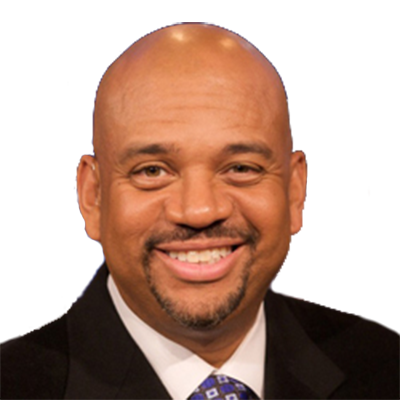 Michael Wilbon
Michael Wilbon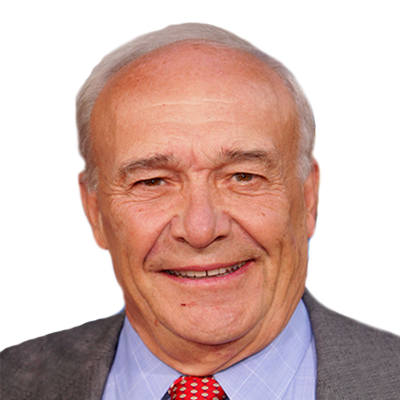 Bill Nack
Bill Nack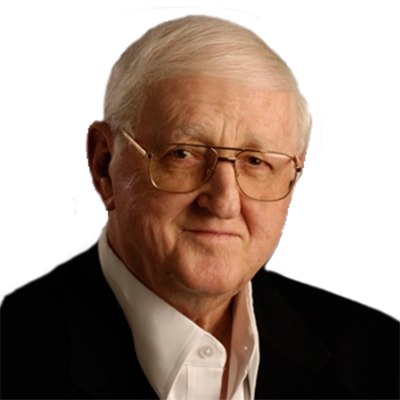 Dan Jenkins
Dan Jenkins Sally Jenkins
Sally Jenkins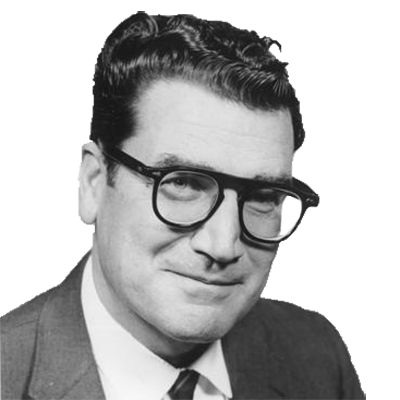 Jim Murray
Jim Murray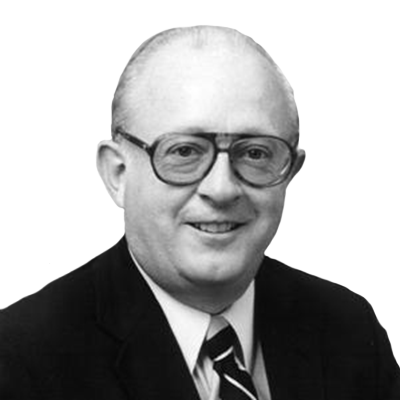 Dave Anderson
Dave Anderson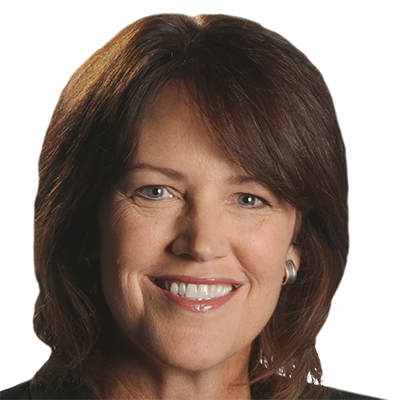 Christine Brennan
Christine Brennan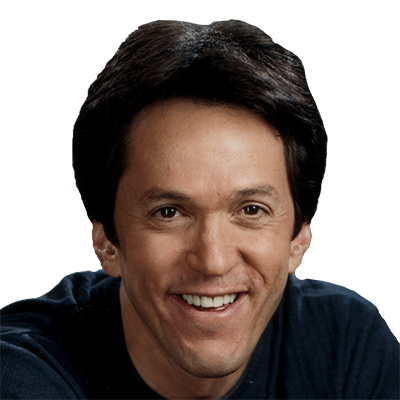 Mitch Albom
Mitch Albom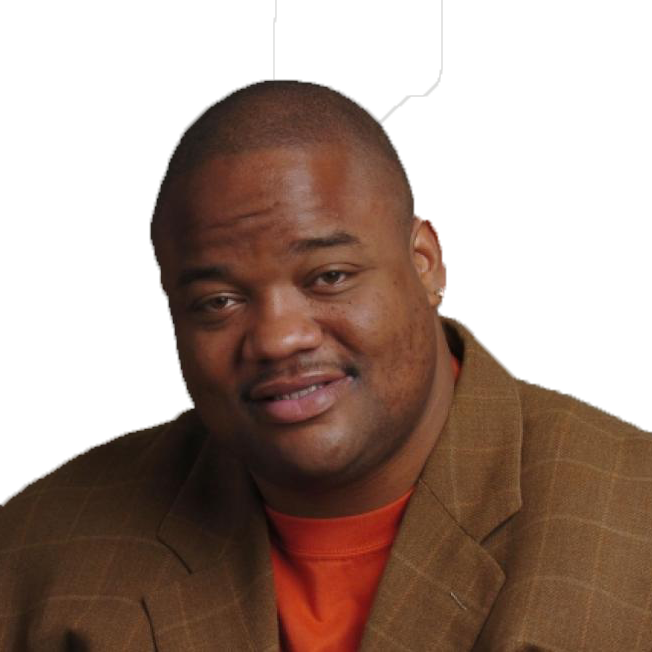 Jason Whitlock
Jason Whitlock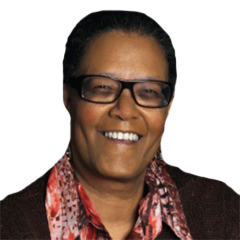 Claire Smith
Claire Smith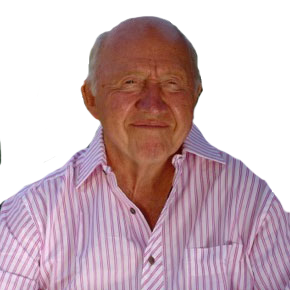 Bud Collins
Bud Collins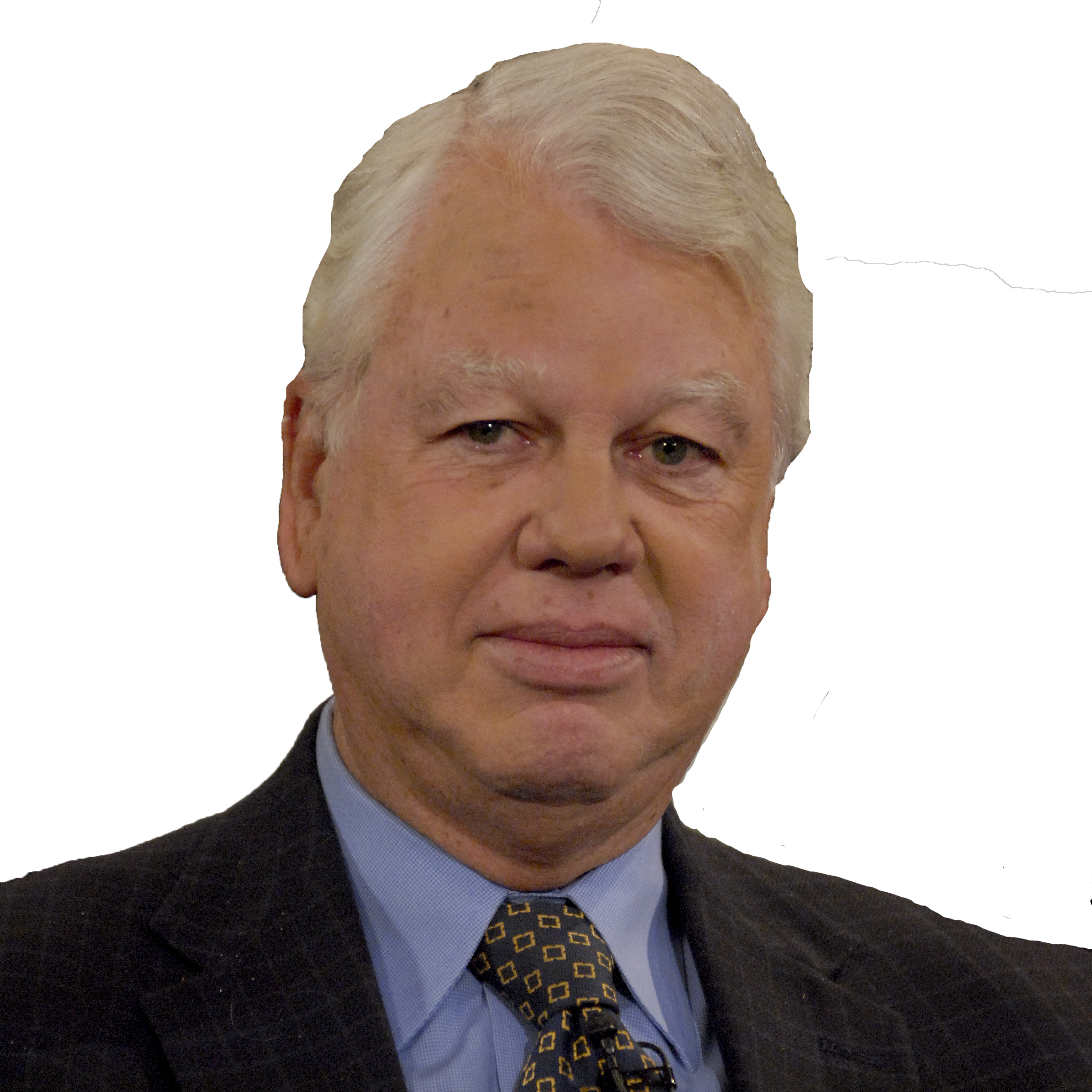 Bob Ryan
Bob Ryan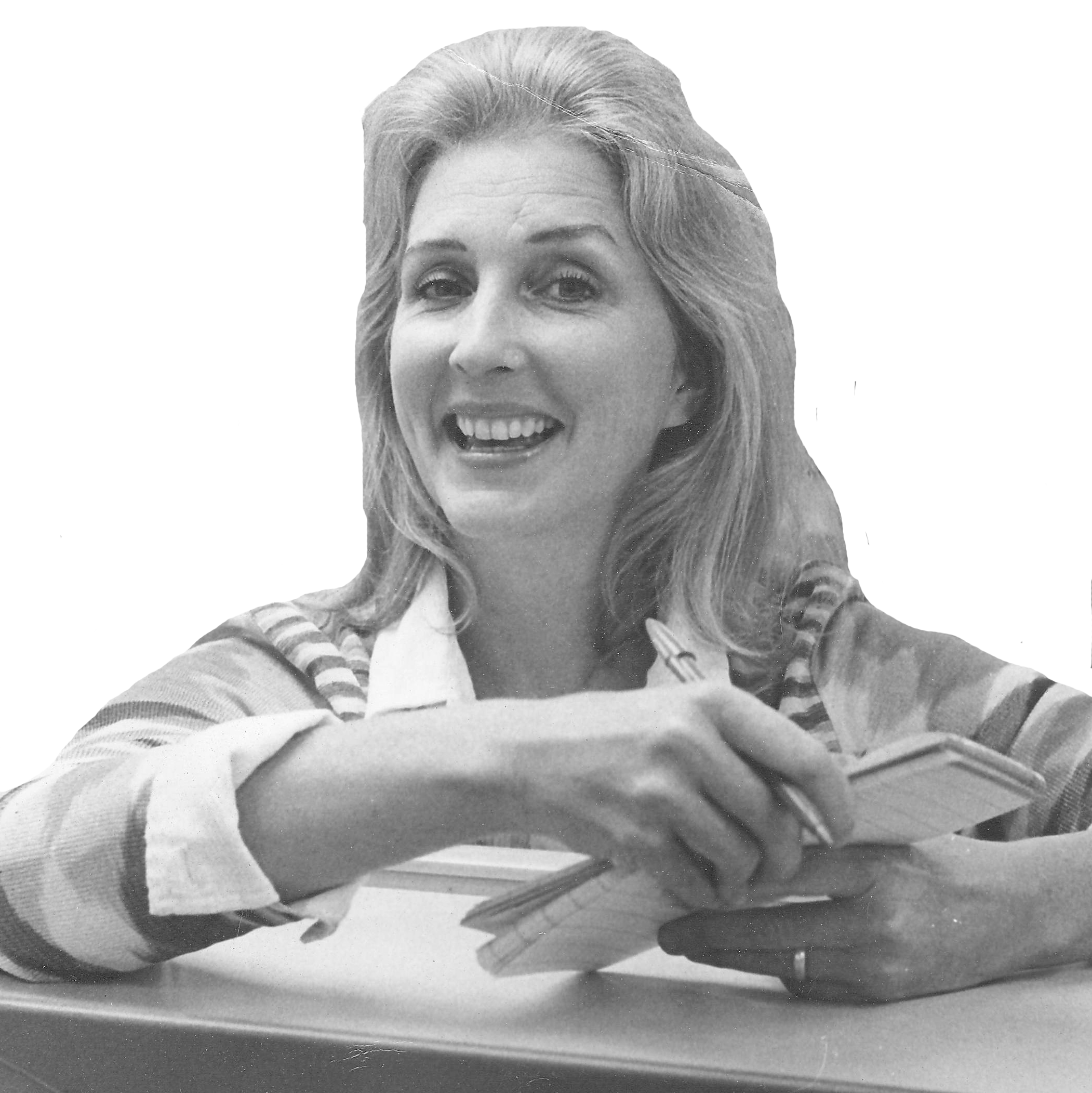 Joan Ryan
Joan Ryan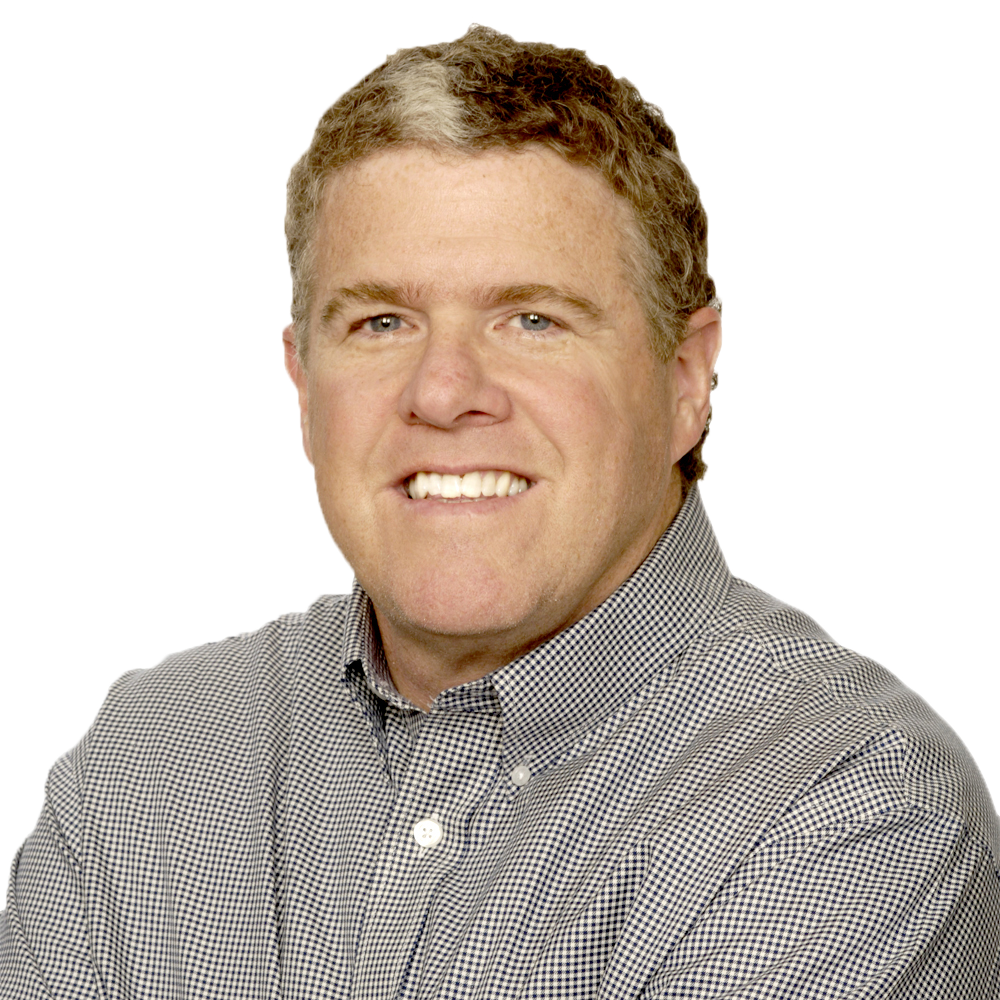 Peter King
Peter King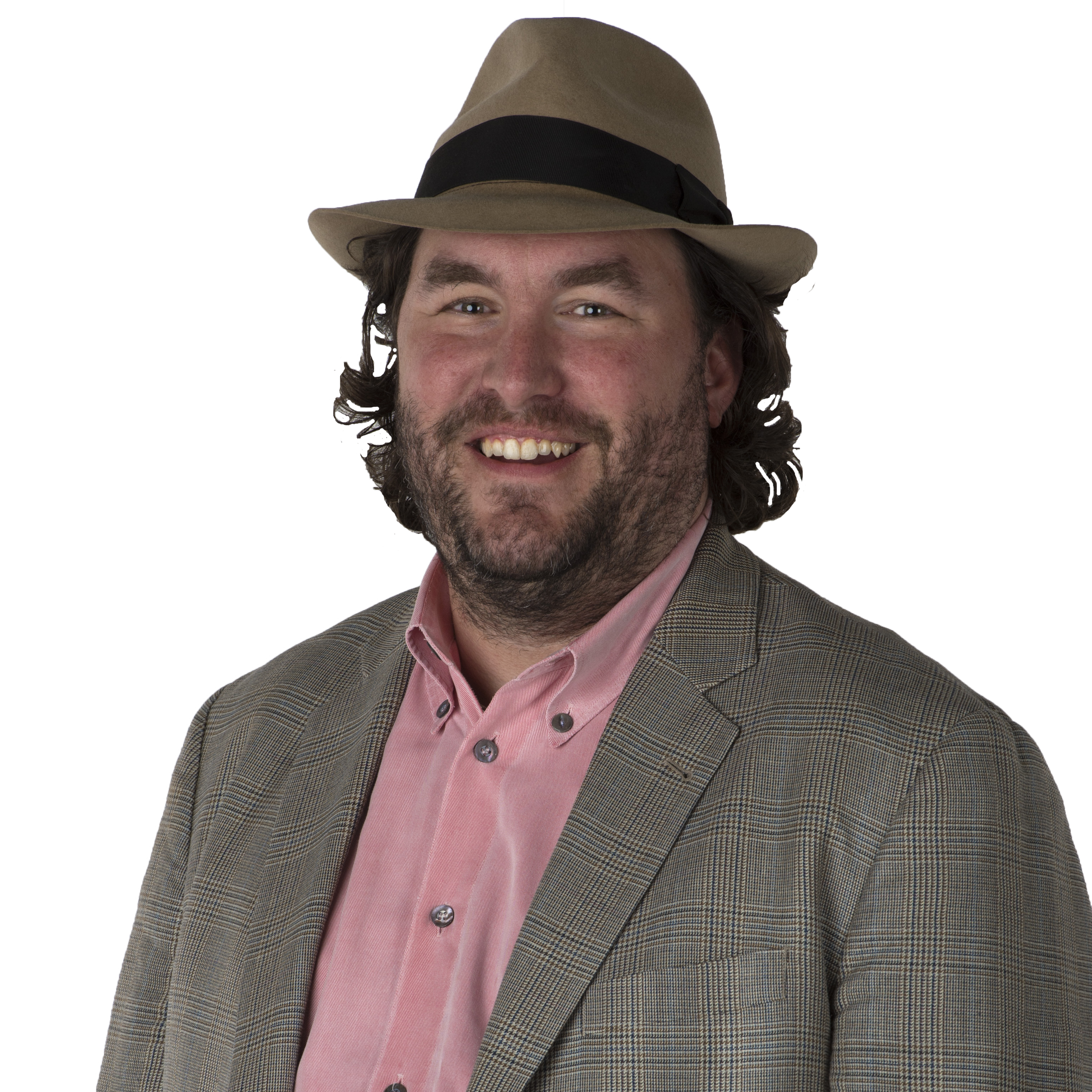 Wright Thompson
Wright Thompson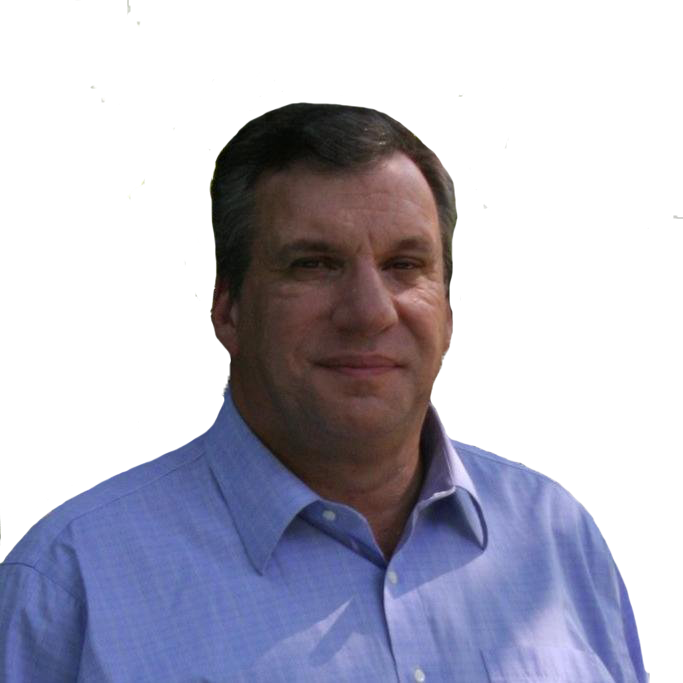 John Feinstein
John Feinstein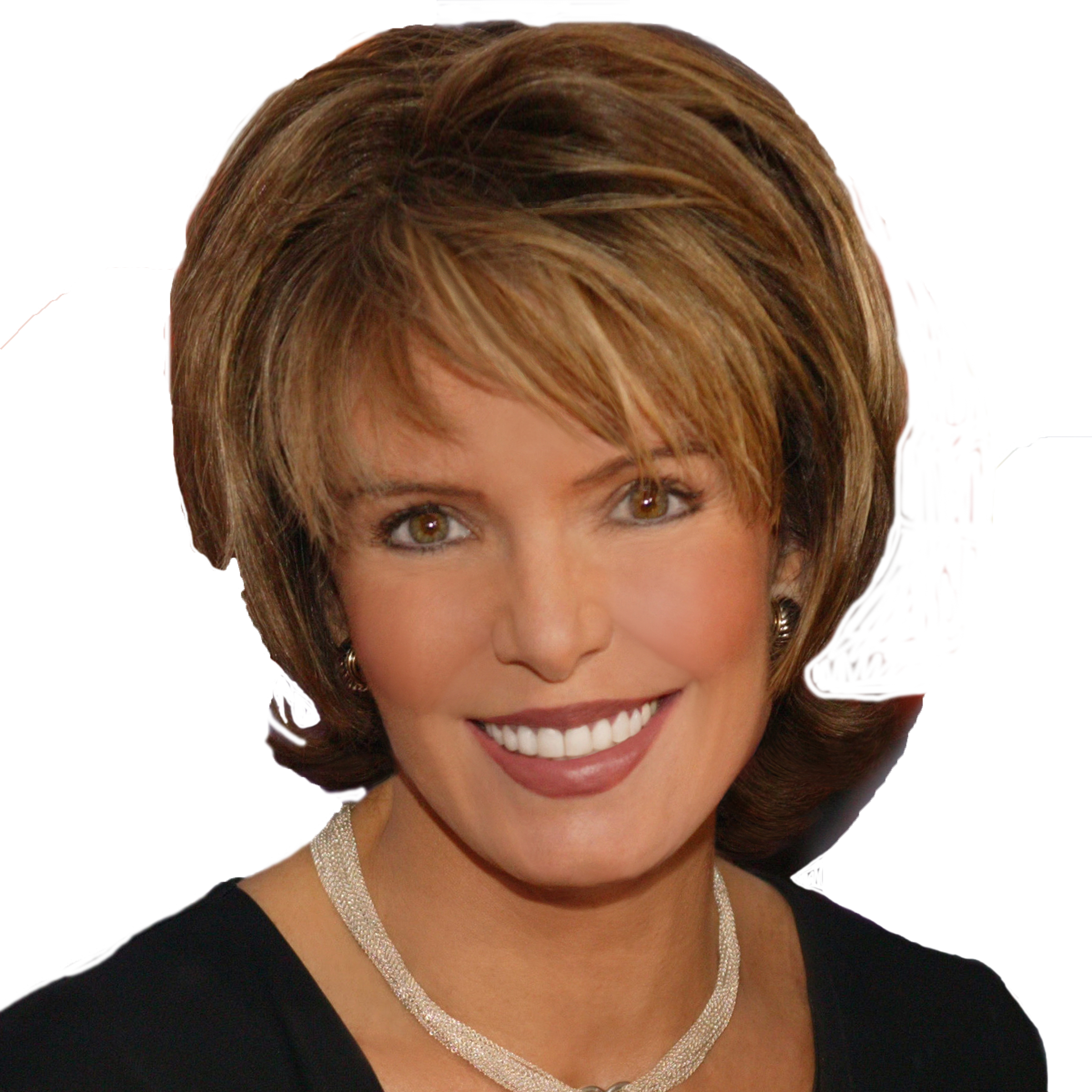 Lesley Visser
Lesley Visser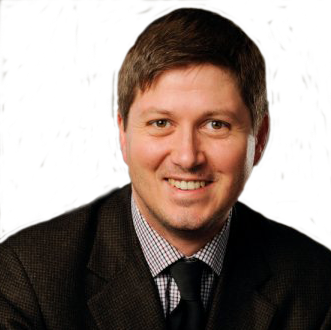 Will Leitch
Will Leitch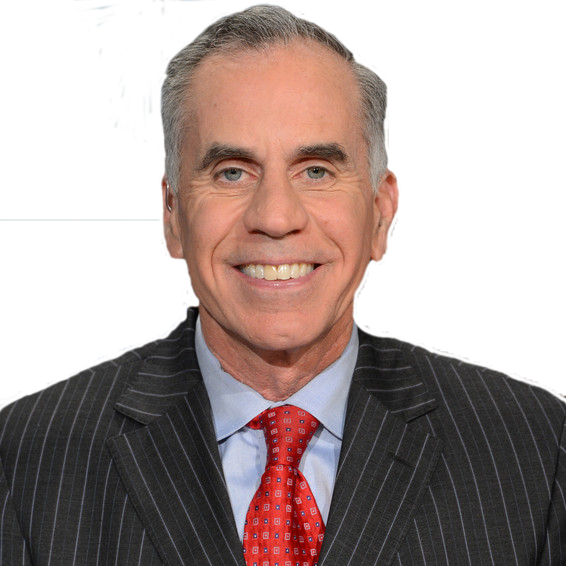 Tim Kurkjian
Tim Kurkjian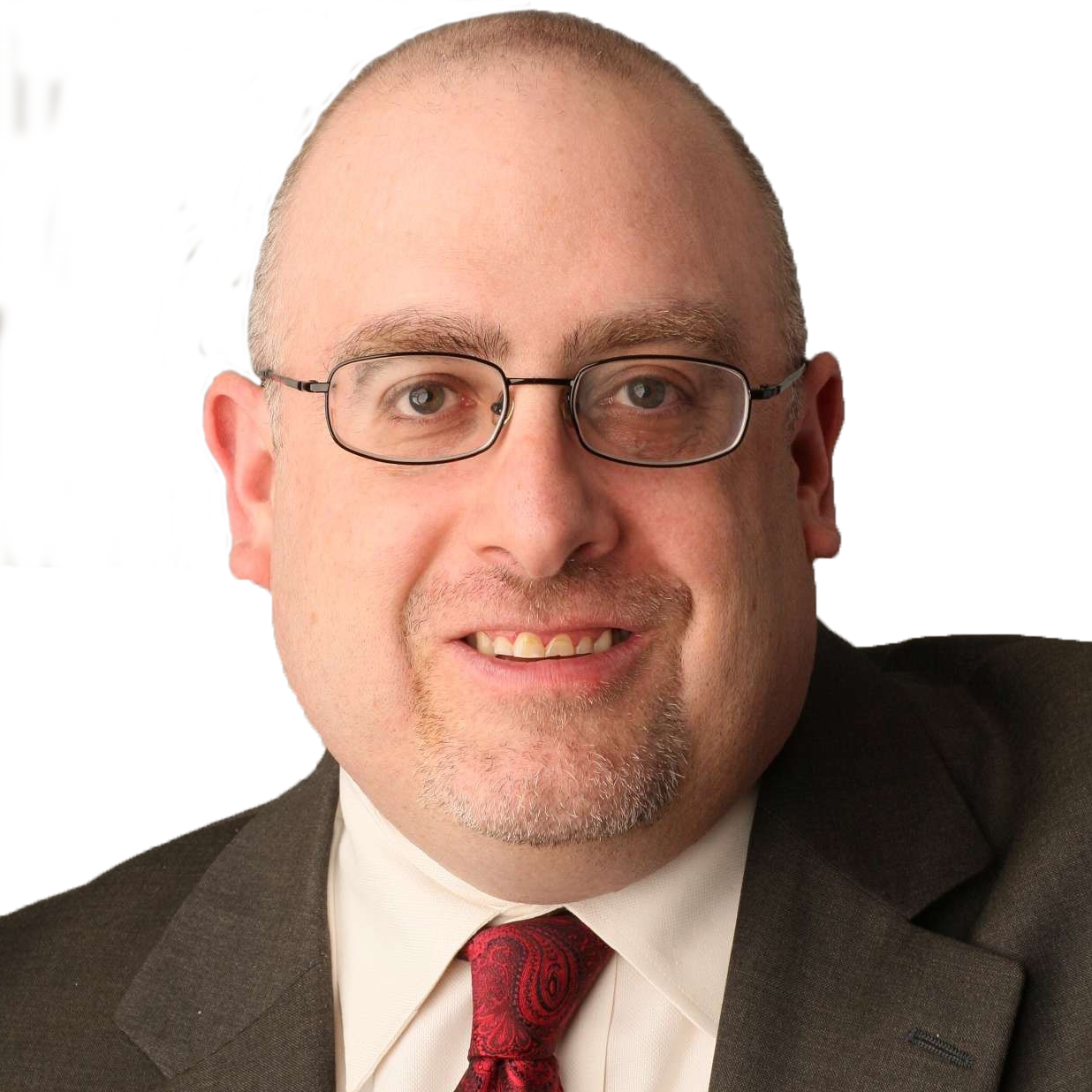 Joe Posnanski
Joe Posnanski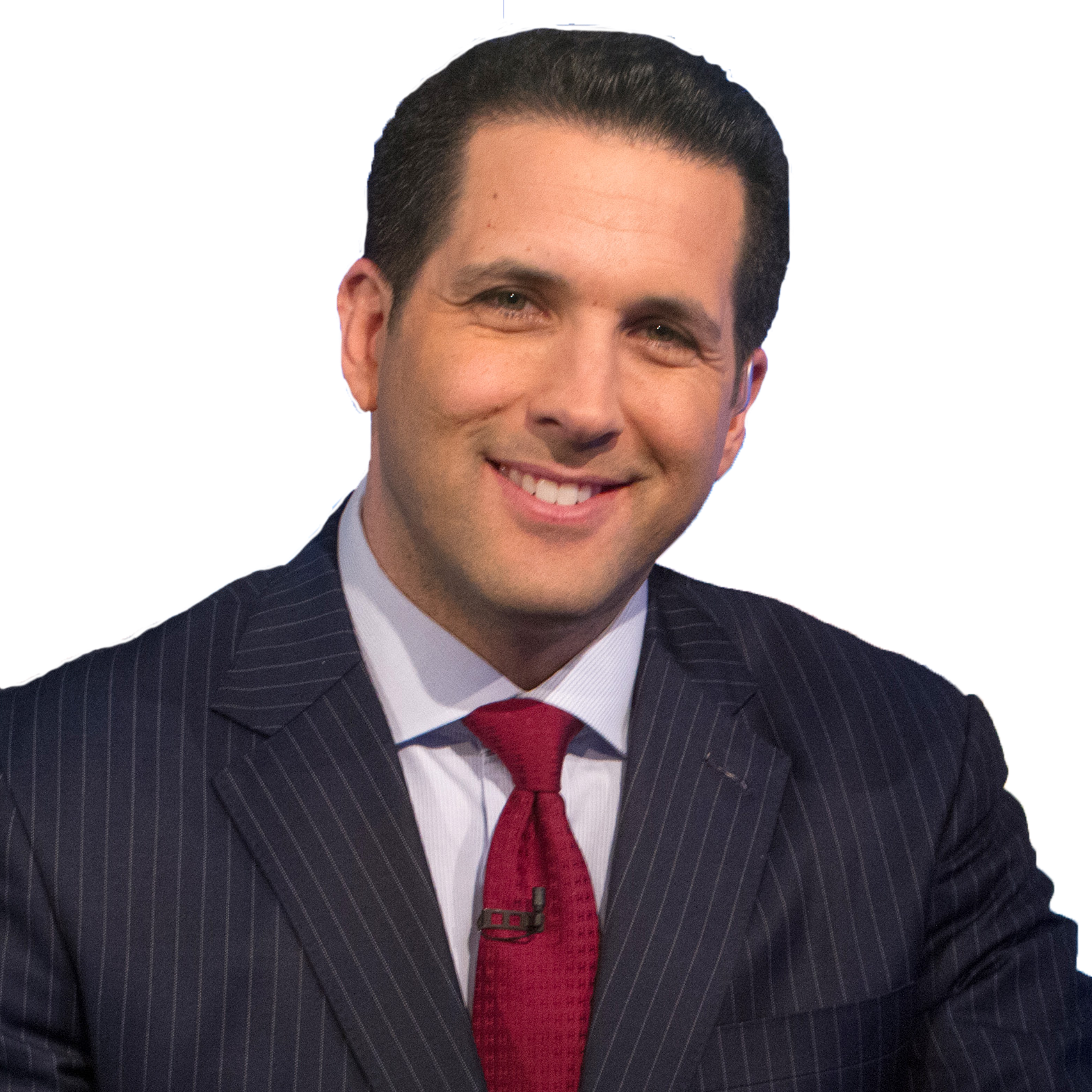 Adam Schefter
Adam Schefter Terry Taylor
Terry Taylor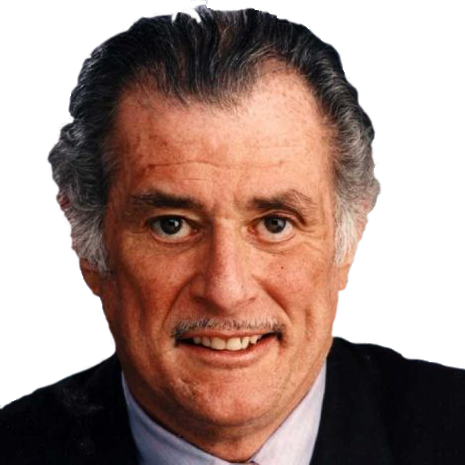 Frank Deford
Frank Deford Tom Boswell
Tom Boswell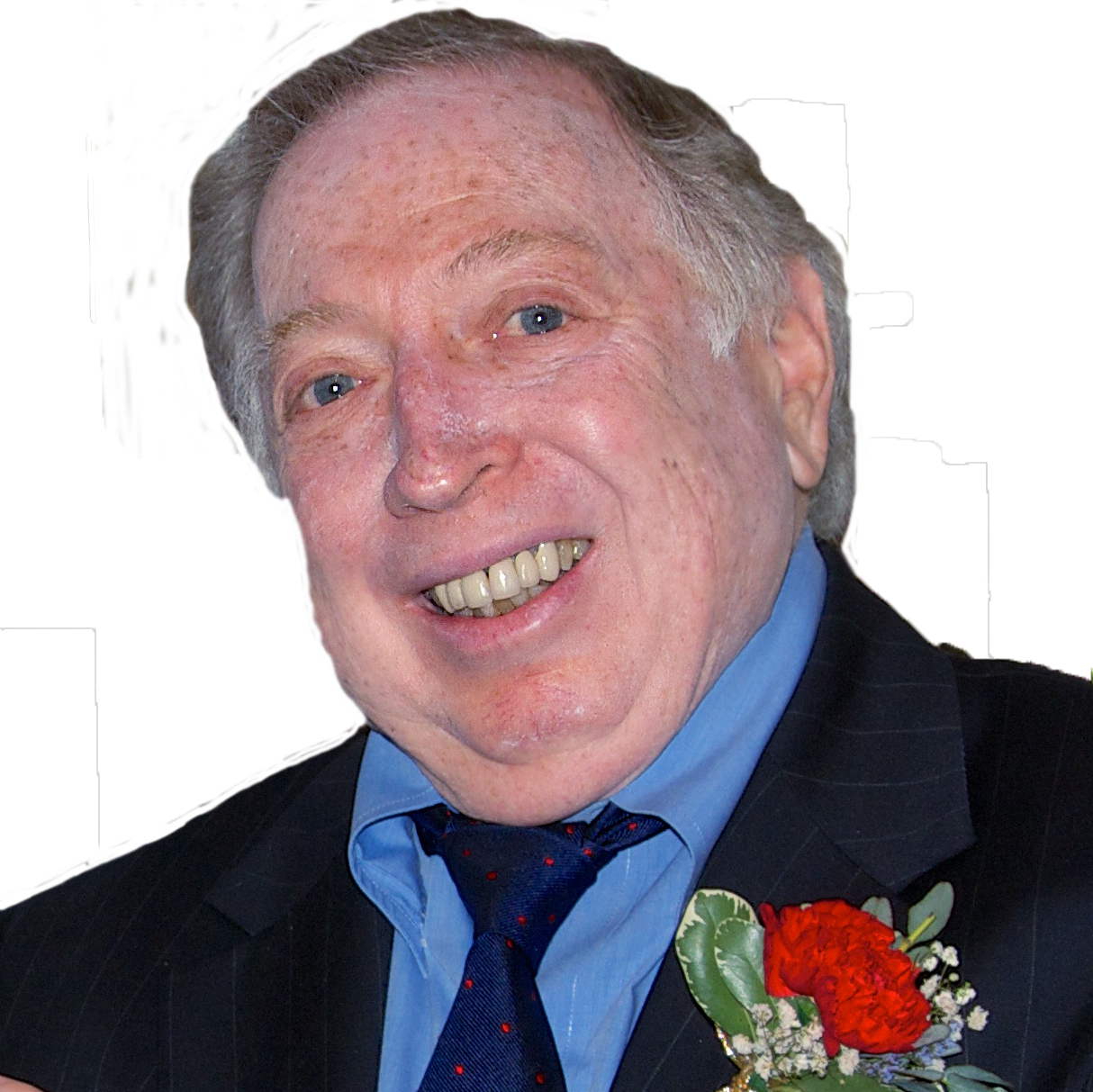 Neil Leifer
Neil Leifer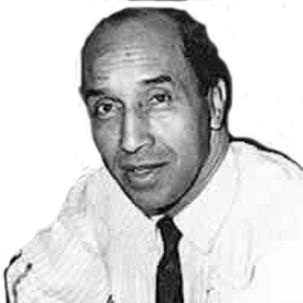 Sam Lacy
Sam Lacy Jane Leavy
Jane Leavy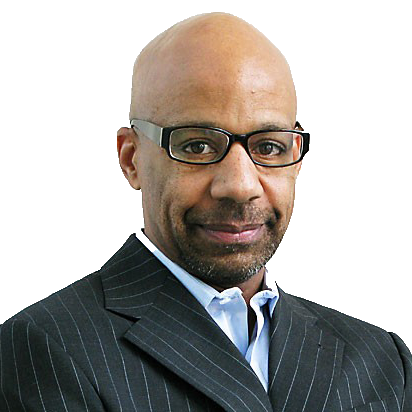 Kevin Blackistone
Kevin Blackistone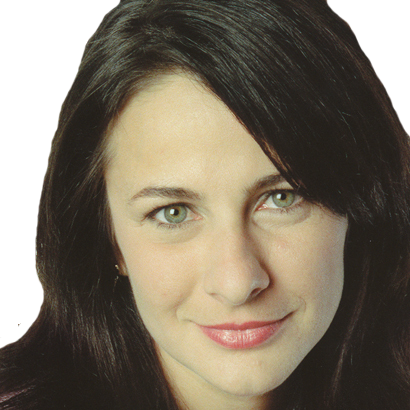 Juliet Macur
Juliet Macur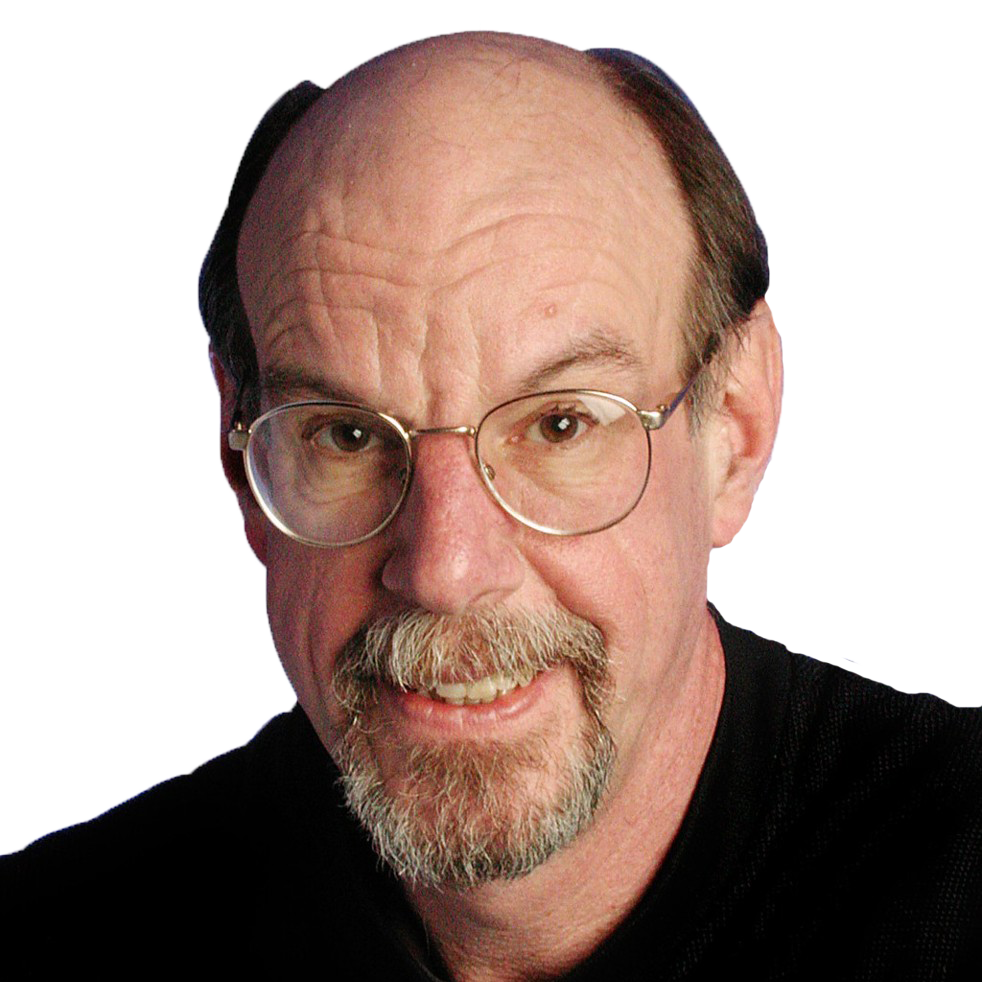 Andrew Beyer
Andrew Beyer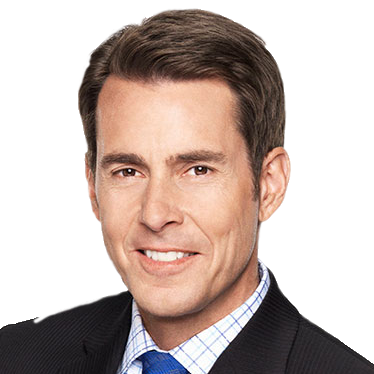 Tom Verducci
Tom Verducci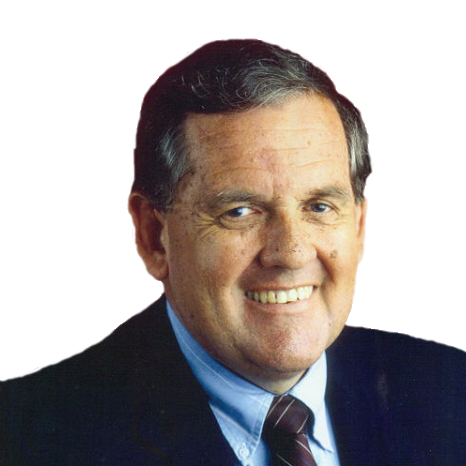 Hubert Mizell
Hubert Mizell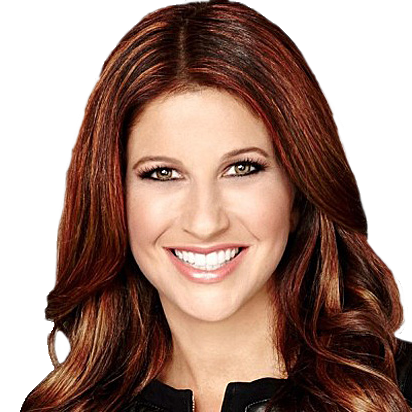 Rachel Nichols
Rachel Nichols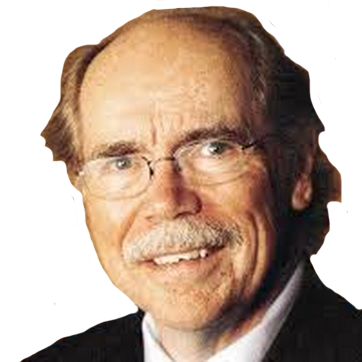 Dave Kindred
Dave Kindred Mike Lupica
Mike Lupica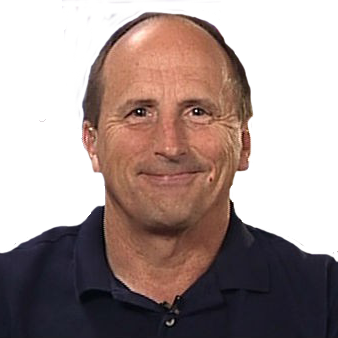 Richard Justice
Richard Justice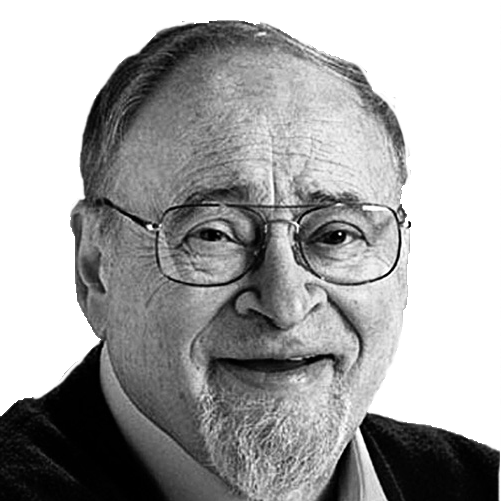 Jerry Izenberg
Jerry Izenberg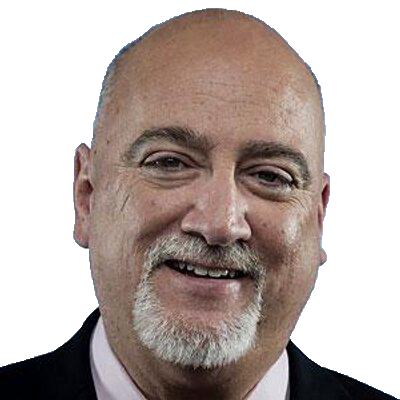 Bill Plaschke
Bill Plaschke Kevin Van Valkenburg
Kevin Van Valkenburg George Vecsey
George Vecsey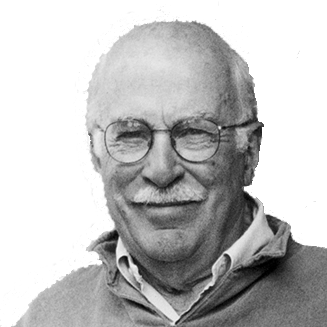 Roger Angell
Roger Angell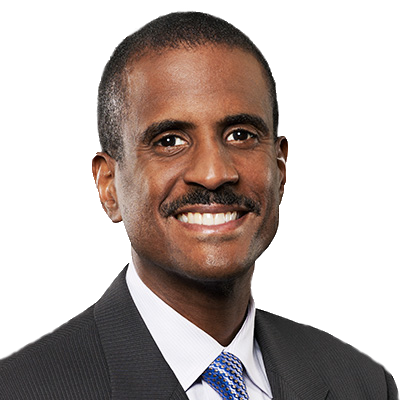 David Aldridge
David Aldridge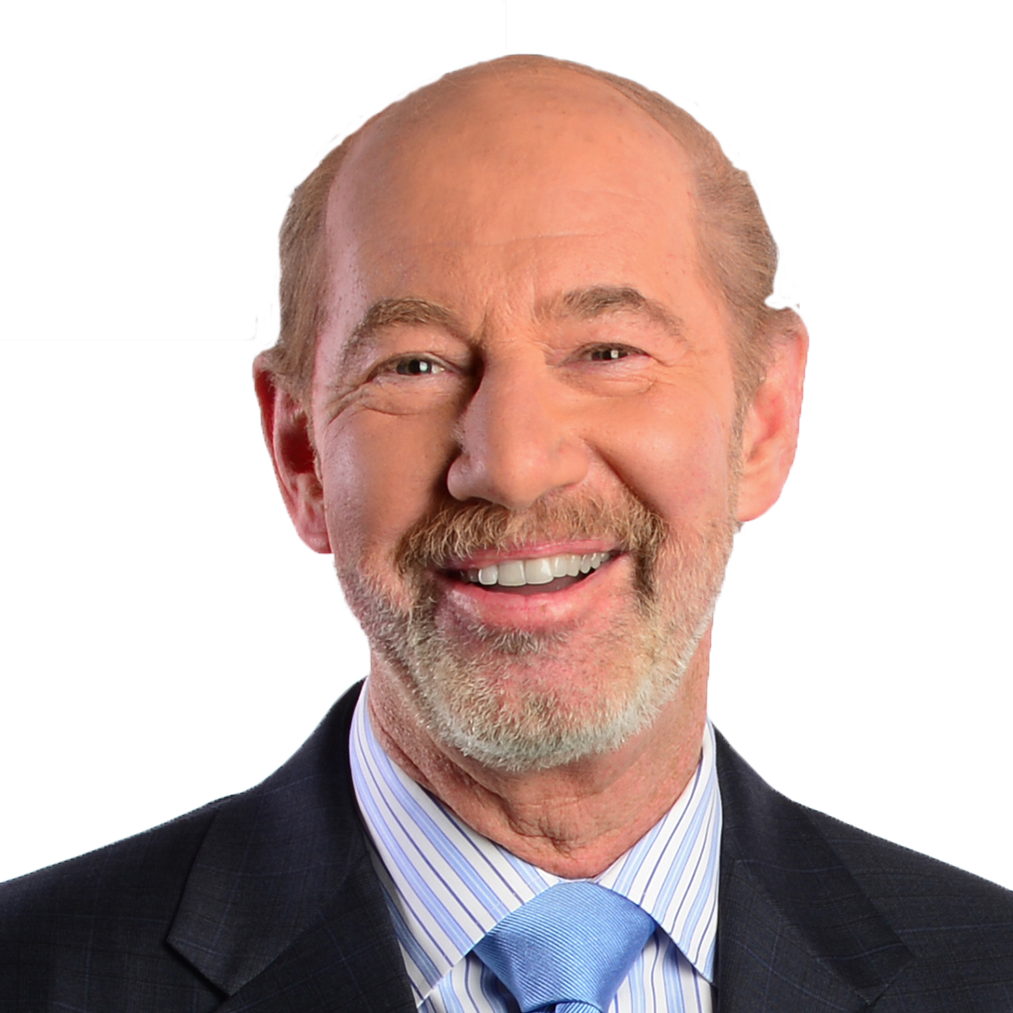 Tony Kornheiser
Tony Kornheiser Jackie MacMullan
Jackie MacMullan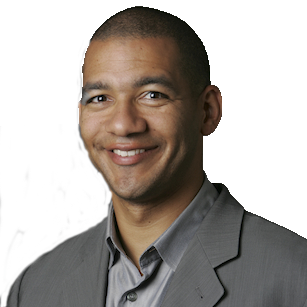 J.A. Adande
J.A. Adande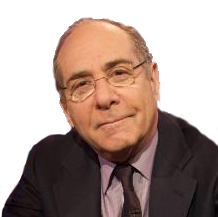 Robert Lipsyte
Robert Lipsyte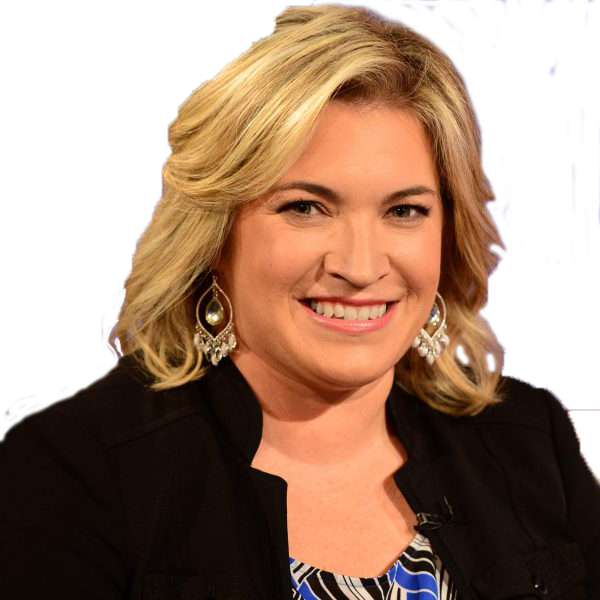 Ramona Shelburne
Ramona Shelburne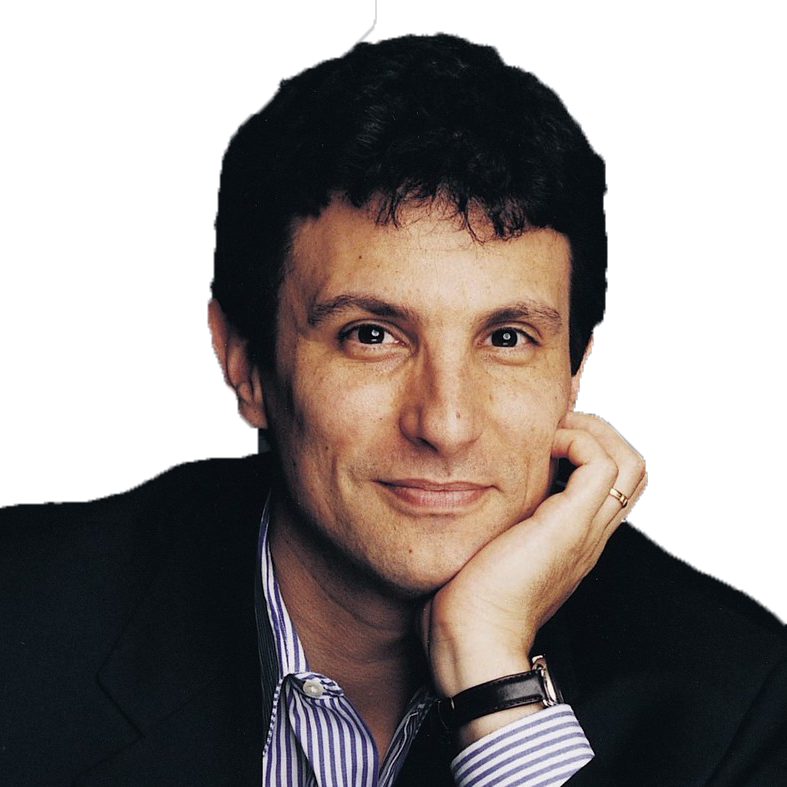 David Remnick
David Remnick Bryan Curtis
Bryan Curtis Chuck Culpepper
Chuck Culpepper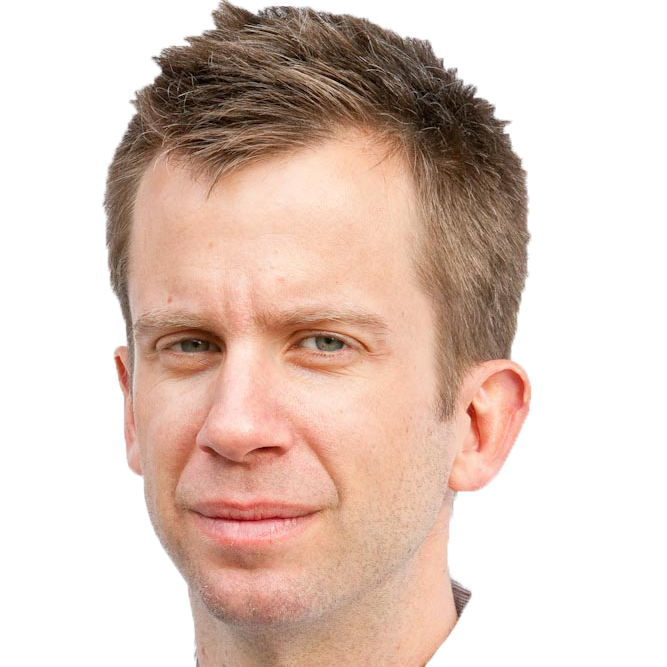 Jason Gay
Jason Gay Heidi Blake
Heidi Blake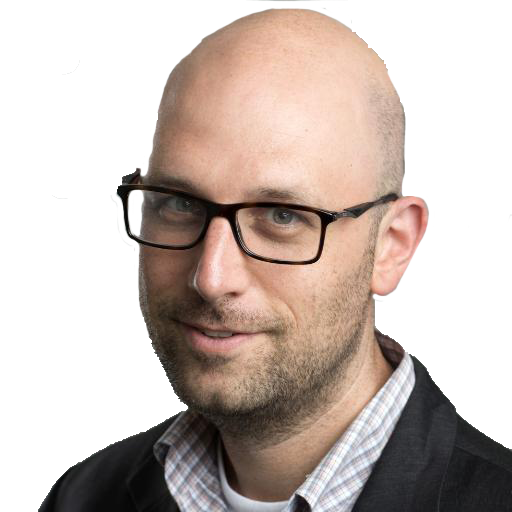 Dan Steinberg
Dan Steinberg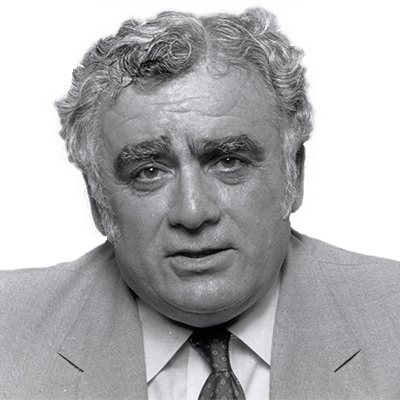 Jerome Holtzman
Jerome Holtzman Barry Svrluga
Barry Svrluga
